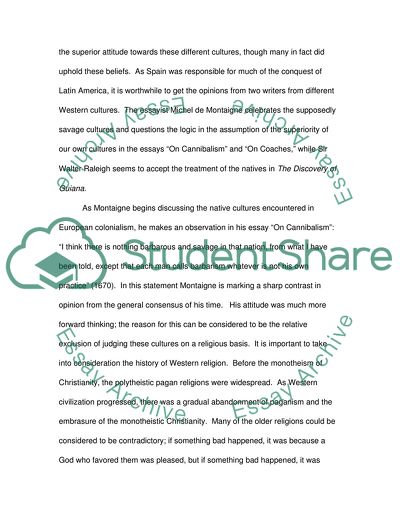Cite this document
(The Religious Motivations of the Europeans: According to Their Own Literature review - 1, n.d.)
The Religious Motivations of the Europeans: According to Their Own Literature review - 1. Retrieved from https://studentshare.org/religion-and-theology/1719586-comparative-literature
The Religious Motivations of the Europeans: According to Their Own Literature review - 1. Retrieved from https://studentshare.org/religion-and-theology/1719586-comparative-literature
(The Religious Motivations of the Europeans: According to Their Own Literature Review - 1)
The Religious Motivations of the Europeans: According to Their Own Literature Review - 1. https://studentshare.org/religion-and-theology/1719586-comparative-literature.
The Religious Motivations of the Europeans: According to Their Own Literature Review - 1. https://studentshare.org/religion-and-theology/1719586-comparative-literature.
“The Religious Motivations of the Europeans: According to Their Own Literature Review - 1”, n.d. https://studentshare.org/religion-and-theology/1719586-comparative-literature.


